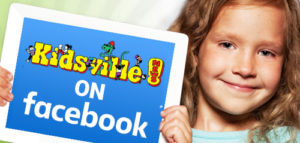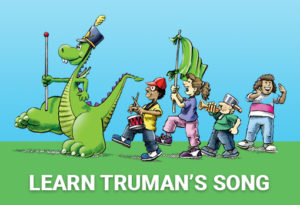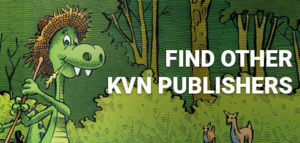American Fact Finder
 Please tell our readers a little bit about yourself.
Please tell our readers a little bit about yourself.
My name is Lynda Laughlin. I work in the Fertility and Family Statistics Branch at the U.S. Census Bureau. I have a doctorate in sociology from Temple University in Philadelphia, Pennsylvania. I live in Washington, D.C., but I haven’t always been an East-coaster. I grew up in Boulder, Colorado.
Please briefly explain what the Census Bureau does.
The Census Bureau collects data about the nation’s people and economy. In addition to the Decennial Census (conducted every ten years), the Census Bureau conducts more than 130 surveys each year.
Why is this work important/how does it apply to everyday life for most people?
Demographic and economic data from the Census Bureau helps us understand how and where our country is growing and changing. Data from the Census Bureau helps national and local governments determine where to build new houses or schools.
What do you do at the Census Bureau?
I use statistics to help explain children’s daily activities. For example, I examine what types of childcare arrangements children use or how often children share meals with their parents and even how much television kids are allowed to watch. I care about parents, too! I’ve written about employment outcomes for mothers and fathers and about access to maternity leave.
What is a typical day like for you?
It often depends on the project. When I was working on my recent report, “A Child’s Day,” I spent a lot of time running data, examining results and writing about how kids spend their day. I also like to think of ways to make census data more fun and interactive. I’ve worked on a number of infographics to help illustrate how many children are in regular childcare arrangements or how much parents pay for child care.
What do you most enjoy about your work?
I enjoy using numbers to tell a story. What does it mean to you that there are 74 million children between the ages 0 to 17 in the United States? To me it represents an opportunity to talk about the incredible diversity of family life in the U.S.
What are some challenges you face in your work?
I never have enough time to pursue all my research ideas.
What do you like to do when you are not working?
I love living in the nation’s capital. There’s so much to do with all the museums and parks. I also love the outdoors and enjoy camping and hiking.
How can kids learn more about what the Census Bureau does and why it is important?
Ever wonder how many people live in your city or town? The Census Bureau website has a lot of fun tools like American Fact Finder that anyone can use to look up information about their community. It’s as easy as putting in your zip code. The Census Bureau also has lots of reports on a variety of topics like commuting, voting, education attainment and many more. If you don’t have time to read our reports, check out our infographics or simply follow the Census Bureau on Facebook or Twitter.
What kind of training does it take to be a demographer?
My training is mostly in sociology, but I gain skills and apply demographic methods by taking classes in family demography, statistics and survey design. I’ve also learned a lot about demography on the job and from my co-workers.
When/How did you know you wanted to be a demographer?
My freshman year of college I took an introduction to sociology class and immediately knew that I wanted to be a sociologist. Later on in graduate school, I found that demographic methods provided me the tools to understand the social world around me.
What an interesting job! Thanks so much for your time!





